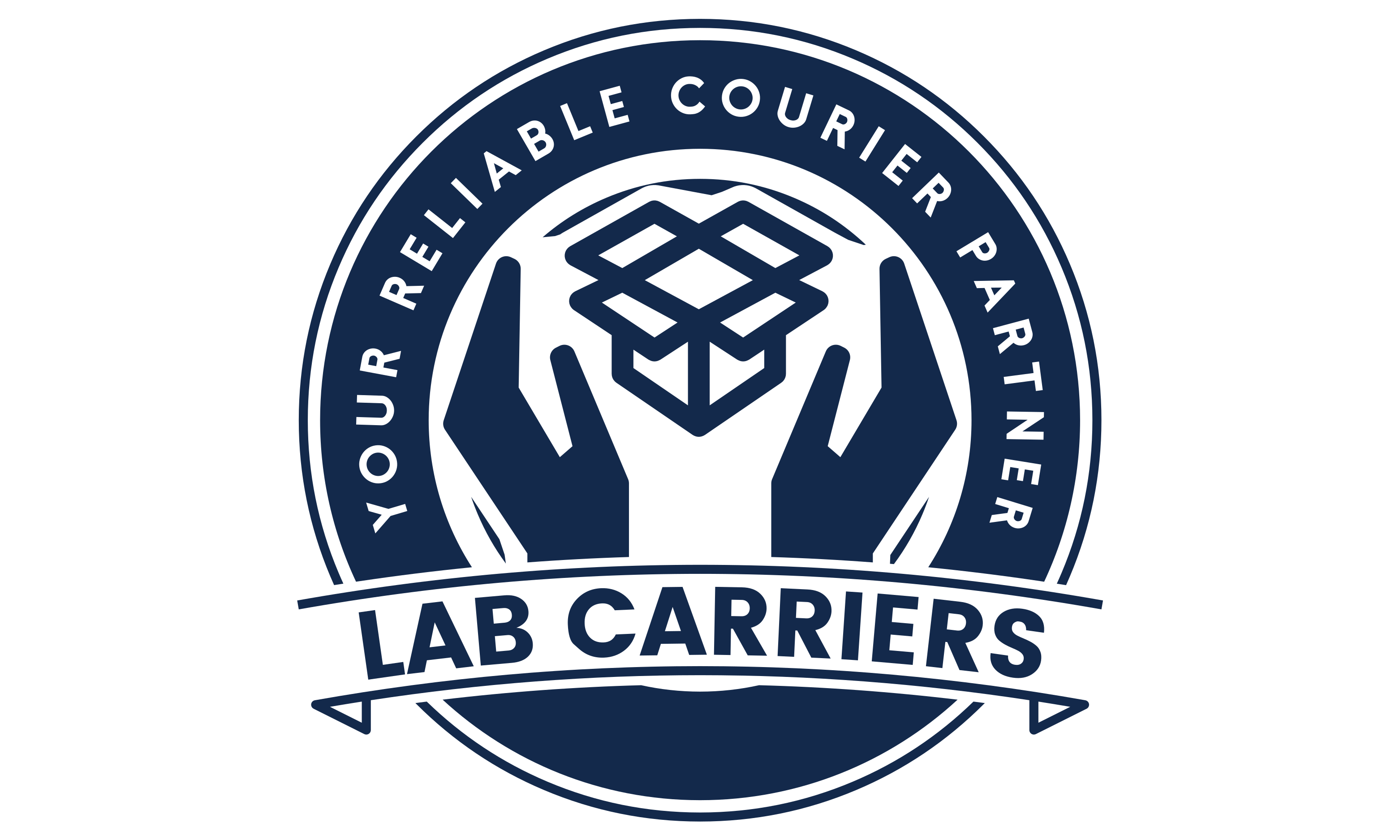Lab logistics, also known as laboratory logistics, refers to the management and coordination of various logistical aspects within a laboratory or research facility. It involves the organization, transportation, and distribution of materials, equipment, samples, and data in a lab setting. Effective lab logistics are crucial for ensuring the smooth and efficient operation of laboratories, research centers, and other scientific facilities. Here are some key components of lab logistics:
- Supply Chain Management: Lab logistics involve the management of the supply chain within the laboratory. This includes sourcing, ordering, and maintaining supplies such as chemicals, reagents, lab consumables, and equipment.
- Sample Handling: Proper handling, labeling, storage, and transportation of research samples, including biological specimens, is essential to prevent contamination and maintain sample integrity. Lab logistics ensure that samples are tracked and managed effectively.
- Equipment Procurement and Maintenance: Laboratories often rely on a wide range of equipment, from microscopes and spectrometers to centrifuges and analytical instruments. Lab logistics include the acquisition, maintenance, calibration, and repair of these devices.
- Inventory Control: Effective inventory management is crucial for preventing stockouts, reducing waste, and optimizing costs. Lab logistics professionals are responsible for keeping track of inventory levels and restocking as needed.
- Temperature Control: Many lab materials and samples are temperature-sensitive. Lab logistics ensures that materials are stored at the appropriate temperature, and temperature-controlled equipment (such as freezers, refrigerators, and incubators) is properly maintained.
- Data Management: In scientific research, data logistics are essential for managing the vast amounts of data generated in laboratories. This includes data storage, backup, and retrieval systems to ensure data integrity and accessibility.
- Waste Disposal: Proper disposal of hazardous and non-hazardous waste generated in laboratories is an integral part of lab logistics. Compliance with environmental regulations is essential.
- Sample and Equipment Transport: When labs are spread across different locations, lab logistics involves the safe and timely transportation of samples and equipment between sites, ensuring their security and integrity during transit.
- Regulatory Compliance: Laboratories must adhere to various regulations and standards, such as Good Laboratory Practices (GLP) and Good Manufacturing Practices (GMP). Lab logistics ensures compliance with these regulations in the handling and storage of materials and samples.
- Security and Safety: Maintaining a secure and safe laboratory environment is a priority. Lab logistics involves the implementation of security protocols, access controls, and safety measures to protect personnel and research materials.
- Collaboration and Communication: Effective communication and collaboration with researchers, technicians, and other stakeholders within and outside the laboratory are essential for the success of lab logistics.
Lab logistics professionals, including lab managers and logistics coordinators, work to optimize these aspects to enhance the efficiency, productivity, and reliability of laboratory operations. They often use laboratory information management systems (LIMS) and other specialized software to track and manage materials, equipment, and data, ensuring that the laboratory functions smoothly and meets its research and operational goals.
